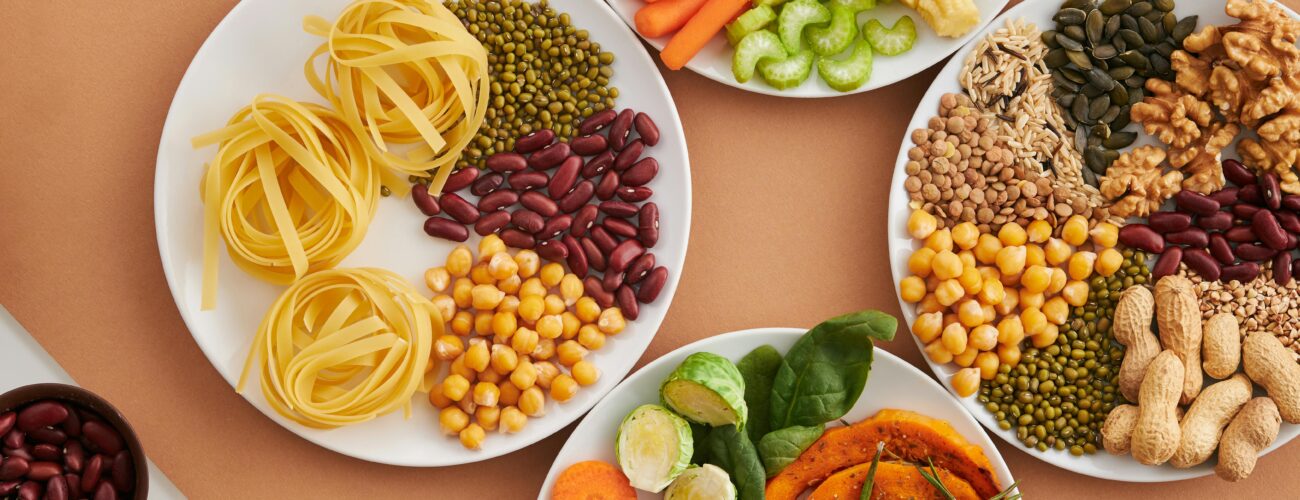Widespread interest in organic vegetable gardening is growing as people learn of the many advantages of natural produce. Organic vegetable seeds provide the foundation for a successful, sustainable garden. These seeds are not treated with chemicals no synthetic chemicals like pesticides or herbicides and certainly non-GMO. Read this post to learn why you should use certified organic seeds. We will make it a point to showcase the most useful varieties of various vegetables; offer tips on what to look for when buying, and give some advice on the proper storage of seeds.
What Is Organic Vegetable Seeds?
Organic seeds are those that have been grown and harvested without the use of synthetic chemicals, pesticides, or genetic modification. All grown under sustainable guidelines. When You Plant certified organic seeds, the environment benefits from less chemicals in the air and you get to eat healthier home grown vegetables.
Benefits of Organic Seeds
Organic seed selection is why Here are the main reasons:
- Stronger Plants – Organic seeds develop better plants and help establish immunity to ailments and insects
- Eco Impact: Growing biological seeds is not created organic, so the usage of synthetic compounds can defer away from the soil and ecosystems.
- Heirloom organic seeds produce more nutrient-rich crops: Certain studies suggest that heirloom organic seeds likely yield crops with higher levels of nutrients.
- Non-GMO seeds also maintain biodiversity. This is how we protect the food system that remains for the future.
Top 10 Organic Vegetable Seeds for Your Garden
Choosing the right seeds for your garden is important. Below are some of the best organic seeds you can grow:
- Organic Tomato Seeds: Tomatoes are easy to grow and thrive in organic gardens.
- Organic Lettuce Seeds: Lettuce grows quickly and is great for salads and sandwiches.
- Organic Spinach Seeds: Spinach is packed with nutrients and grows well in most conditions.
- Organic Carrot Seeds: Organic carrots are sweet and crunchy, perfect for any garden.
- Organic Cucumber Seeds: Cucumbers are great for summer gardens and are easy to grow.
- Organic Zucchini Seeds: Zucchini plants produce a lot of vegetables and are beginner-friendly.
- Organic Pepper Seeds: Peppers come in many varieties and grow well in warm climates.
- Organic Basil Seeds: Basil is essential for cooking and thrives in organic gardens.
- Organic Kale Seeds:Kale is a superfood that’s easy to grow and perfect for salads.
- Organic Pea Seeds: Peas grow well in cooler climates and are a reliable crop
Organic Seed Choice for Your Garden
How to choose organic vegetable seeds. The top place to begin to select a sustainable roofing material is your local climate. Organic Seeds Spinach Maryland – Organic Seeds Peas Sugar Ann II For colder regions, attempt natural spinach seeds and also all-natural pea plants. Organic tomato seeds and organic cucumber seeds will do well in a warmer area. So before you buy a tree, check out the room in your garden. If you do not have a huge space to grow them then pick smaller ones like lettuce or spinach. To save space, If you have a large garden with spreading veg like zucchini or cucumbers.
Best Places to Purchase Organic Vegetable Seeds
- The quality organic seeds are vital for a good garden. These are some of the reliable sources:
- Seed Savers Exchange: a nonprofit that focuses on heirloom seeds of all types.
- Johnny’s Selected Seeds — famous for their organic vegetable seeds.
- Baker Creek Heirloom Seeds: Carries a large selection of rare and heirloom non-GMO seeds.
- These seeds are available for purchase online or in your local garden center. Lots of websites also give customer reviews and helpful gardening information to help your decision making
How to Store Organic Seeds
However, do keep in mind that proper organic vegetable seeds storage is necessary for later use. Here are some tips:
- Seed Storage:Keep them Cool and Dry – Seeds should be stored in the refrigerator, or other cool dark place. This in turn helps in preserving them for longer terms.
- Invest in an airtight container: Airtight containers can help to ensure that moisture does not ruin the seeds.
- Instead of storing your surplus seeds in a drawer, use small containers or envelops and write on them what each type of seed is.
- Follow the above advice, and your organic seeds will still be good on that magical season the future sees when everything has gone to pot.
Key Takeaways:
- Organic seeds promote healthier plants and sustainable gardening.
- Choose seeds based on your climate and available garden space.
- Store your seeds correctly to extend their life.
Our Conclusion
There is nothing better than growing your own food using organic vegetable seeds. You get the freshest and healthy produce and also help the planet. Choose Top Quality Organic Seeds And Store It In The Right Way To Get A Flourishing Garden! Choose the right certified organic seeds and enjoy your vegetable garden in no time! Start already today.
